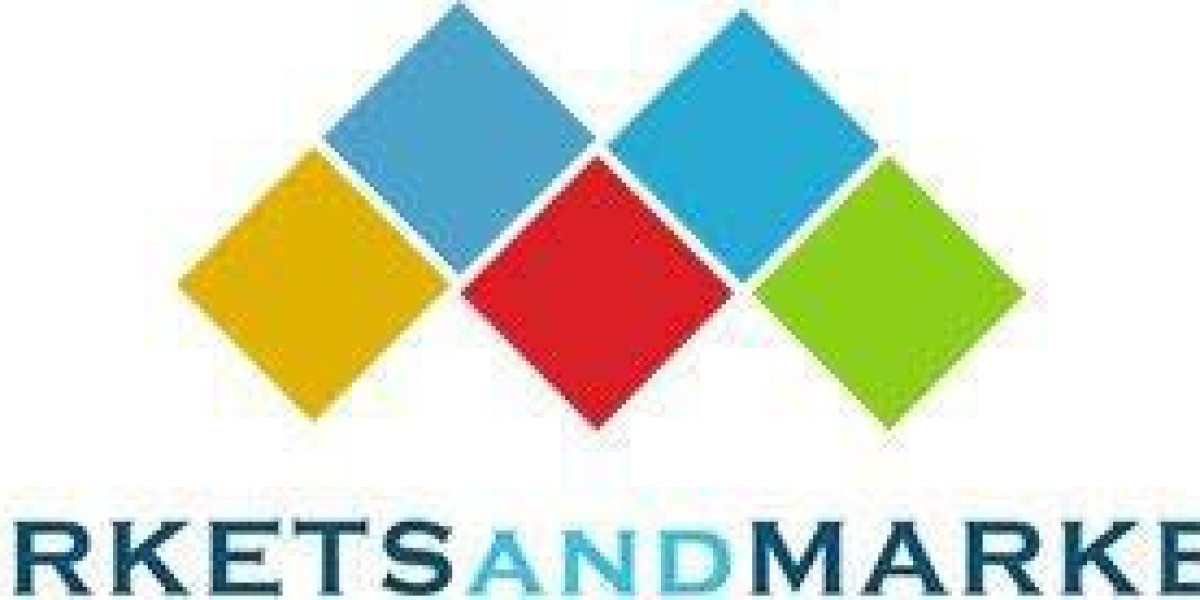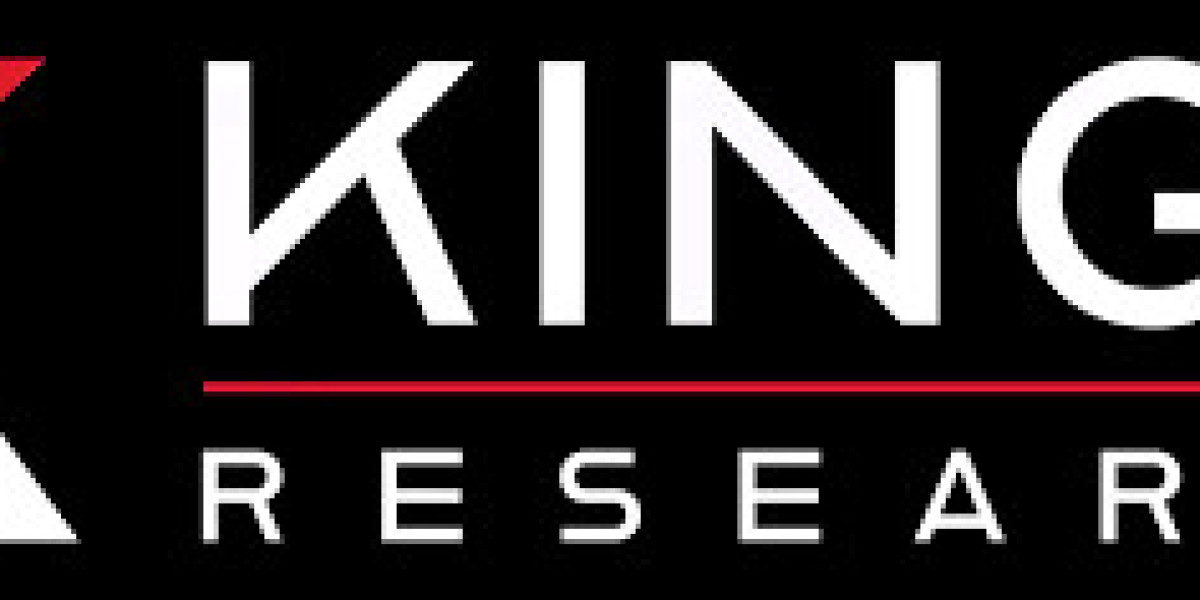The global gluten-free products market is growing rapidly. By 2024, it is projected to reach a value of USD 7.70 billion, with expectations to soar to USD 11.48 billion by 2029, reflecting a CAGR of 8.3%.
Rising diagnoses of gluten sensitivities, coupled with the increasing popularity of gluten-free diets among non-celiac consumers, are driving this robust market expansion. The gluten-free products market has seen remarkable growth in the past decade, spurred by increasing awareness of celiac disease, gluten intolerance, and the overall health benefits of gluten-free diets. This market encompasses a wide array of products, including bakery goods, snacks, pasta, ready meals, and beverages—all formulated without gluten, a protein found in wheat, barley, and rye.
For more insights and detailed analysis, download your PDF copy now!
Bakery Products: A Dominant Segment
Bakery products hold the largest gluten-free market share, thanks to their essential role in daily diets. Gluten-free alternatives like bread, cakes, and cookies have evolved to offer healthier options with improved taste, texture, and nutritional value. These products, often made with alternative flours, whole grains, and seeds, attract health-conscious consumers seeking nutritious gluten-free choices. Available in fresh, frozen, and packaged forms, gluten-free bakery goods continue to drive market expansion due to their convenience and broad consumer acceptance.
Key Factors Fueling Gluten-free Industry Growth
In January 2022, Nature Reviews Gastroenterology & Hepatology reported that celiac disease affects about 1% of the global population, with a gluten-free diet being essential for managing this condition. A 2020 study by the American College of Gastroenterology also noted a rise in celiac disease cases, especially among women and children, further fueling demand for gluten-free products.
In addition to diagnosed cases, a growing number of individuals self-diagnose gluten sensitivities, contributing to the market’s growth. Health-conscious consumers and first-degree relatives of celiac patients often adopt gluten-free diets, even without formal testing, expanding the market further.
Driving Forces Behind Europe’s Gluten-free Market Surge
Europe is expected to see significant growth in the gluten-free products market due to rising health consciousness and evolving dietary preferences. This surge in demand is driven by consumers with gluten intolerance and those seeking healthier alternatives. Leading companies like Barilla G. e R. F.lli S.p.A. (Italy), Raisio Oyj (Finland), Dr. Schär AG / SPA (Italy), and Alara Wholefoods (UK) are continuously investing in product innovation and increasing production capacity to meet growing demand.
For example, in June 2020, Raisio Oyj invested USD 9.46 million in a new heating plant at its Nokia oat mill, which processes gluten-free oats under brands like Elovena and Nalle. This facility uses by-products as fuel, advancing Raisio’s sustainability goals while boosting production efficiency, reinforcing Europe’s dominance in the gluten-free sector.
The Role of Microencapsulation Technology in Reducing Artificial Preservatives
Microencapsulation technology is playing a pivotal role in extending the shelf life of gluten-free products by protecting sensitive ingredients like gluten-free flours from oxidation and moisture. This innovative technique helps maintain freshness, reduces the need for artificial preservatives, and aligns with the growing demand for clean-label products. By offering extended shelf life and enhancing product stability, microencapsulation helps reduce waste, improve distribution efficiency, and expand market reach. This technology provides a competitive edge for manufacturers in the rapidly growing gluten-free market.
The gluten-free products market is thriving due to increasing consumer awareness, expanding product offerings, and innovations that cater to health-conscious, gluten-sensitive, and celiac consumers.
Gluten-free Products Leaders: Inside Kraft Heinz, General Mills, and Conagra’s Innovations
Kraft Heinz Company (US)
Kraft Heinz, formed from the merger of Kraft Foods and H.J. Heinz in 2015, is a global leader in food and beverage. The company offers a diverse portfolio across condiments, dairy, frozen foods, and meats, with gluten-free products spanning these categories. In 2023, 34% of its revenue came from its “taste elevation” platform, highlighting its focus on flavor innovation.
Get in touch with our Analysts to discuss how we can support your business goals
Conagra Brands, Inc. (US)
Conagra Brands, headquartered in Chicago, specializes in processed and packaged foods through segments like Grocery & Snacks and Frozen. Iconic gluten-free brands include Birds Eye, Healthy Choice, and Gardein. The company focuses on renovating its brands for sustainable growth, primarily in the U.S. market.
General Mills, Inc. (US)
General Mills, based in Minneapolis, is a global leader in consumer foods with products ranging from cereals to snacks and pet food. With a focus on gluten-free offerings, General Mills addresses growing consumer demand through its North America Retail, International, and Foodservice segments.








